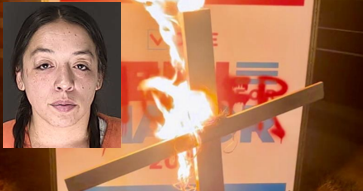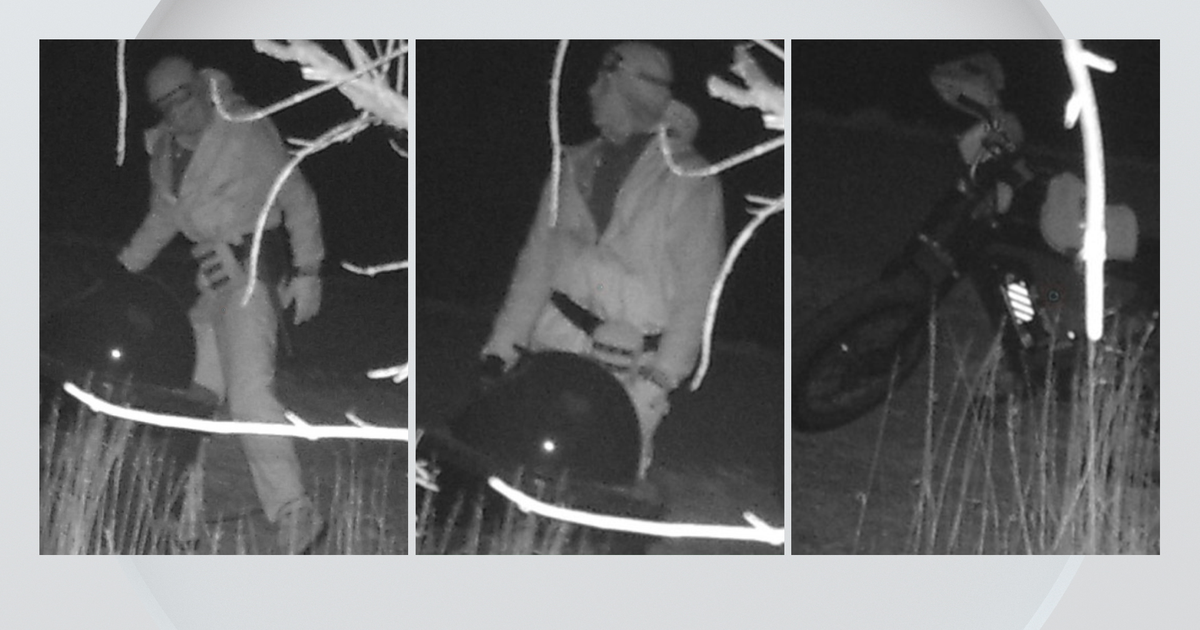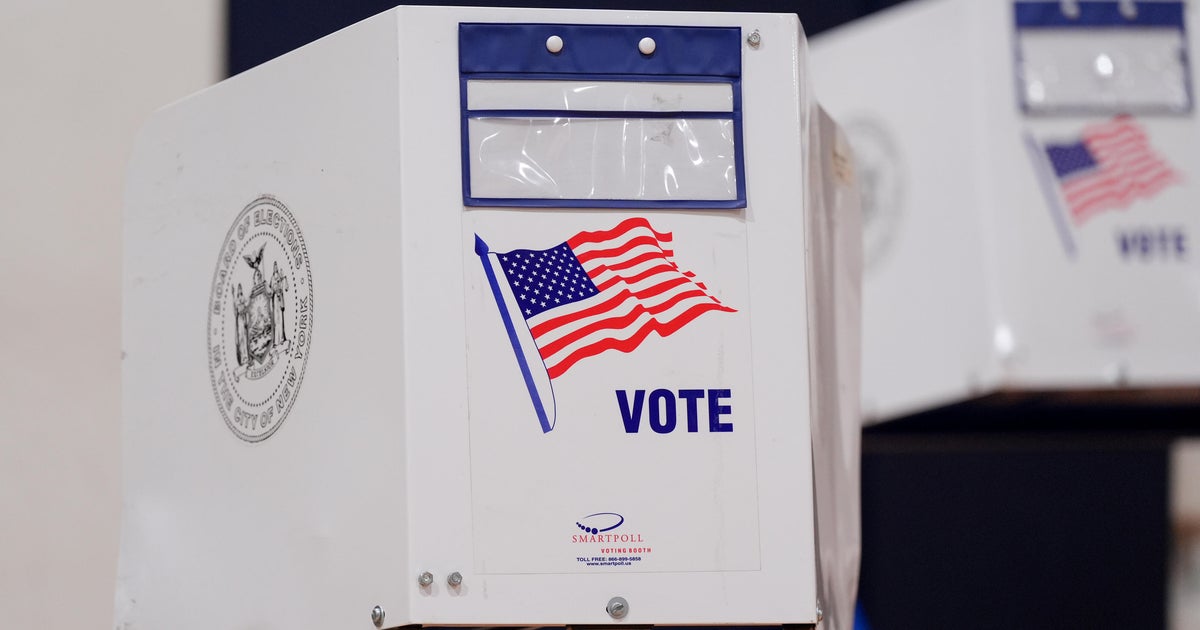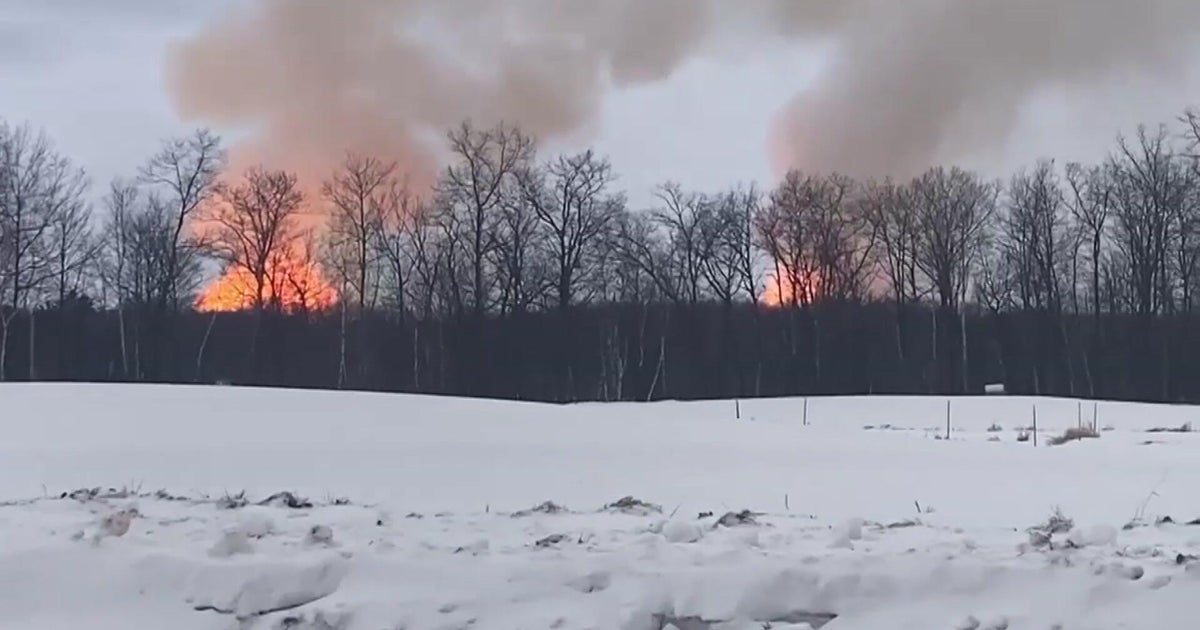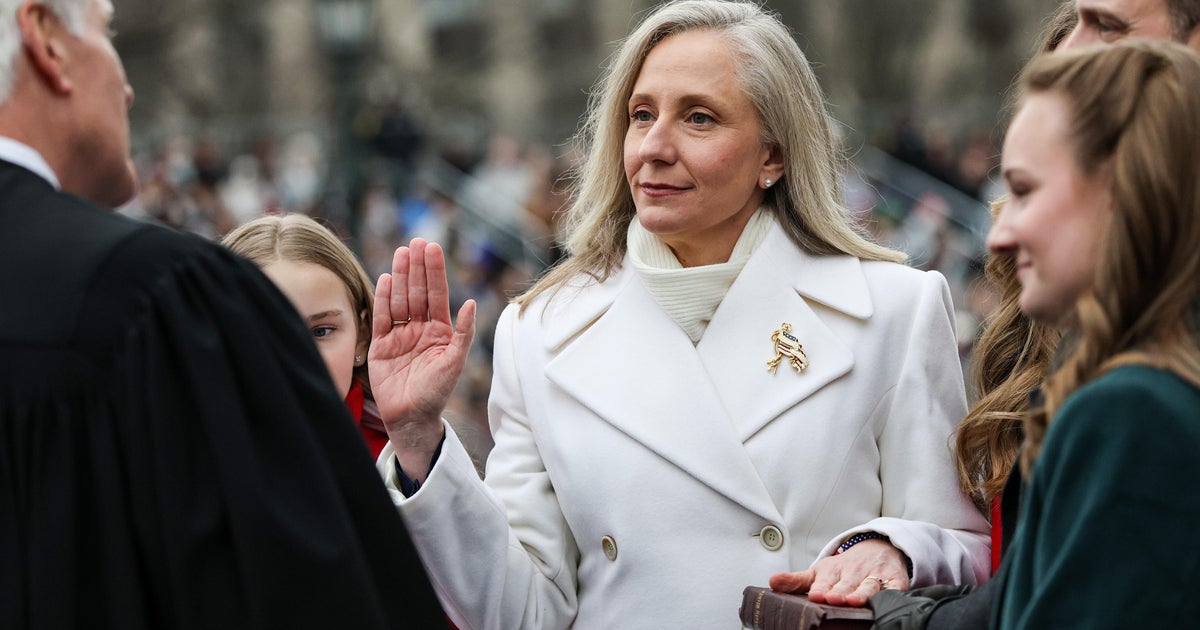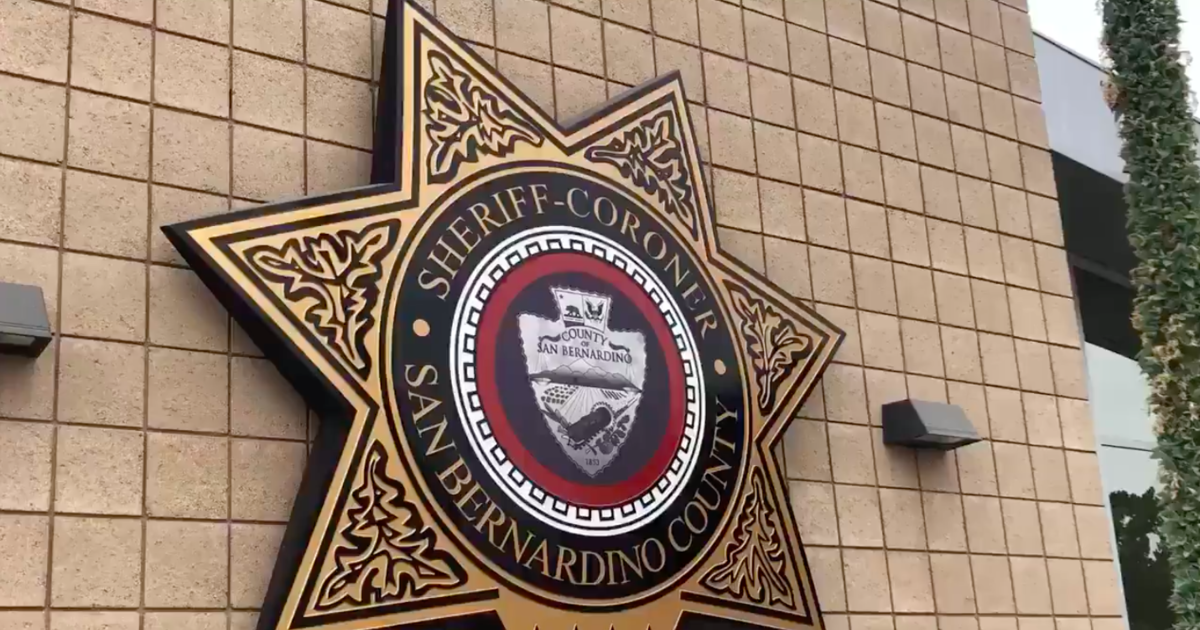Presidential Primary Sees New Life In Colorado Statehouse
DENVER (AP) — Colorado plans to revive a presidential primary for 2020 got back on track Friday at the state Capitol. But the new proposal would require voters to join a party to participate.
Democrats and Republicans have been negotiating for weeks on how to get rid of unpopular caucuses in the presidential race. Both sides agree the presidential caucuses are outdated, but lawmakers differ when it comes to who should participate in the primary elections.
A pending House bill allows voters who don't belong to either party to temporarily join one, just to vote in their primary. But that bill has stalled amid opposition to those temporary primary voters.
A second primary bill introduced Friday would set primary votes for late March, but not allow unaffiliated voters to cast ballots. Lawmakers have just three working days to get that measure to the governor's desk.
"What we want to see is some outcome," said Senate Democratic Leader Lucia Guzman of Denver.
Lawmakers are responding to widespread complaints in both parties about Colorado's last caucuses. The March 1 events were marred by huge crowds and long waits for Democrats, and confusion for Republicans over not choosing a presidential candidate.
Party leaders in both camps vowed to move to a primary vote instead of a precinct caucuses for 2020.
Separately, a group of civic leaders has been working for months on plans to open primaries to voters who don't belong to either party. Some 40 percent of Colorado voters are unaffiliated, including a majority of voters under age 25.
Some House members tried to address both concerns by proposing both a presidential primary, and a way to temporarily choose a side so more unaffiliated voters might cast a ballot. But the blended approach had enemies. Most Republicans scoffed at the temporary affiliation provision in the bill.
"It made too many changes," said Republican Sen. Kevin Lundberg of Berthoud.
And the civics group insisted that voters shouldn't have to choose a party to join, just a party to vote for.
"When all taxpayers are asked to pay for an election, that election should be open to all taxpayers," said Curtis Hubbard, spokesman for Let Colorado Vote.
The new primary proposal doesn't make any accommodation for unaffiliated voters to participate. But even supporters of the affiliation change said it would be a step forward even to get rid of caucuses for 2020.
Elections administrators said the change will cost about $5 million. That's because parties pay for caucuses, but the state would have to pay to run a primary election.
Legislative leaders seemed certain the modified primary proposal would pass easily.
"I believe many of us can live with this," Lundberg said.
By Kristen Wyatt, AP Writer
(© Copyright 2016 The Associated Press. All Rights Reserved. This material may not be published, broadcast, rewritten or redistributed.)

